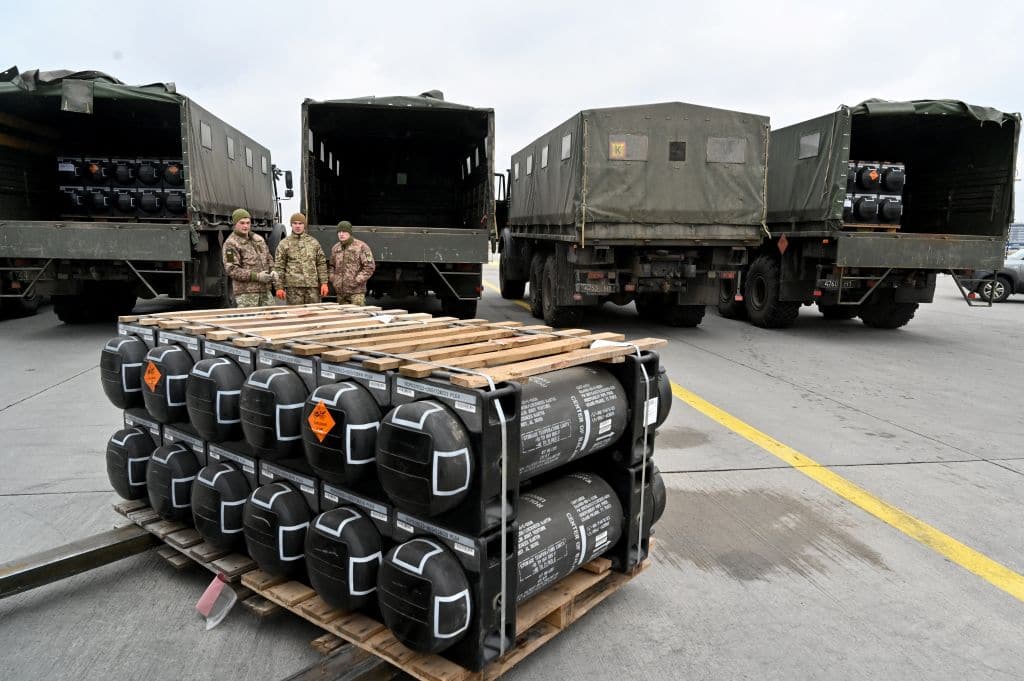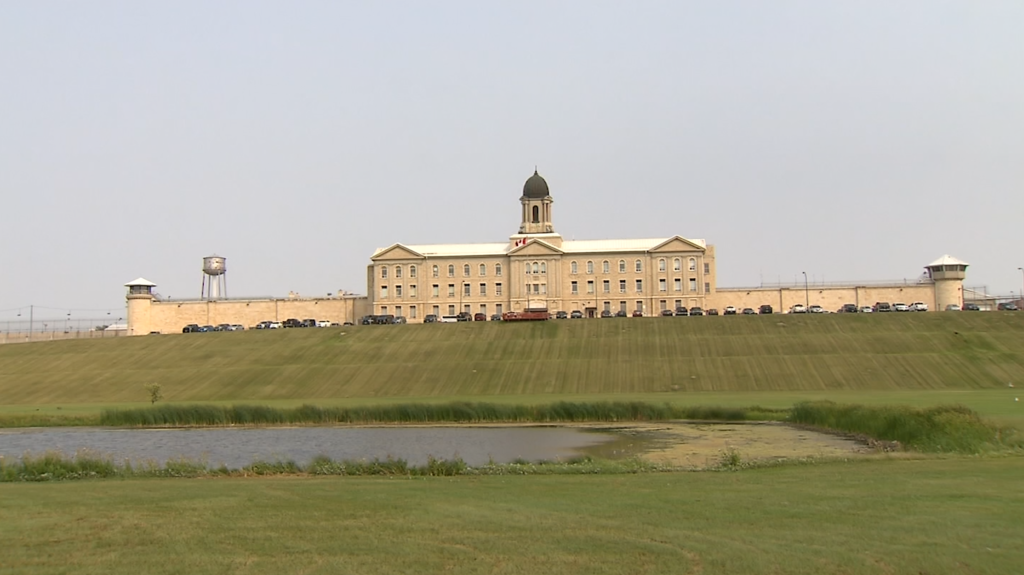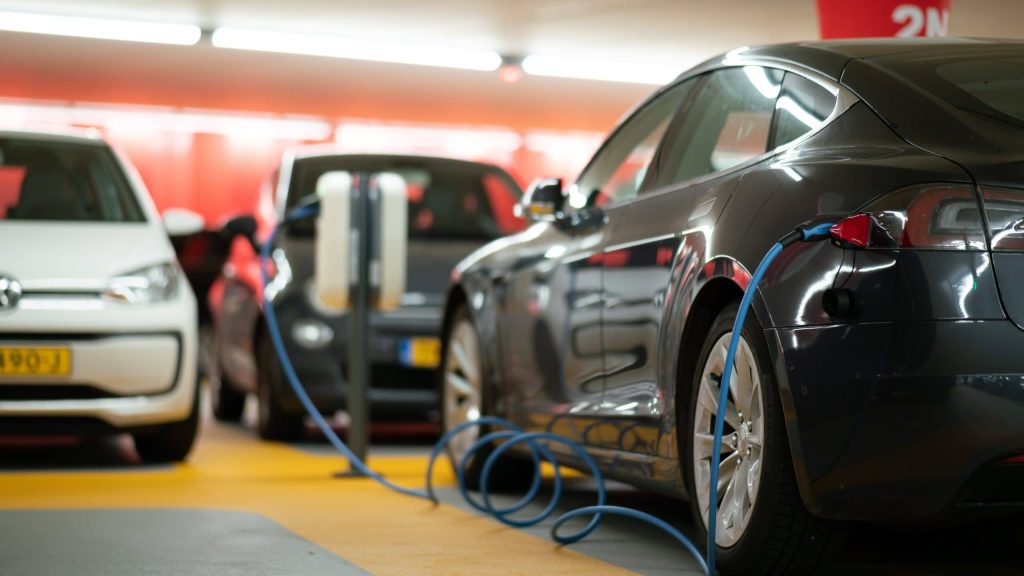Germany to send anti-tank weapons to Ukraine

Posted February 26, 2022 1:50 pm.
In a significant shift, the German government confirmed Saturday that it has approved the shipment of anti-tank weapons to Ukraine and supports some restrictions of the SWIFT global banking system for Russia.
The German economy and climate ministry said in a Saturday evening statement that Germany is allowing the Netherlands to ship 400 German-made anti-tank weapons to Ukraine.
“The Russian invasion of Ukraine marks a turning point. It threatens our entire post-war order,” German Chancellor Olaf Scholz said. “In this situation, it is our duty to do our best to help Ukraine defend itself against Vladimir Putin’s invading army.”
Germany had long stuck to a policy of not exporting deadly weapons to conflict zones, including Ukraine. As recently as Friday, government officials said they would abide by that policy.
The country has faced criticism from Ukrainian officials and other allies that it has not acted decisively enough to help Ukraine fend off the Russian invasion. Previously, Germany contributed 5,000 helmets to Ukraine’s defense.
In addition, Germany said it will send 14 armored vehicles and up to 10,000 tons of fuel to Ukraine.
“After Russia’s shameless attack, Ukraine must be able to defend itself,” Foreign Minister Annalena Baerbock and Economy Minister Robert Habeck said. “The federal government is therefore supporting Ukraine in providing urgently needed material.”
RELATED: ‘We will win:’ Ukraine accuses Russia of hitting infrastructure, civilian targets
Meanwhile, the Baltic nations of Estonia, Latvia and Lithuania have decided to close their airspace to Russian airlines, transport officials in the three countries say.
The legal formulation for the measure is underway and it wasn’t immediately clear when precisely the ban would take effect.
Lithuanian Transport Marius Skuodis told media outlets that the goal of the Baltic countries is to issue the ban at the same time.
Estonian Prime Minister Kaja Kallas tweeted on Saturday that Western nations should isolate Russia both economically and politically after its invasion on Ukraine, saying “there is no place for planes of the aggressor state in democratic skies.”
Latvian Transport Minister Talis Linkaits told local news agency LETA that the country’s decision to close its airspace to Russian airlines will be made in coordination with Estonia, Lithuania and the EU.








